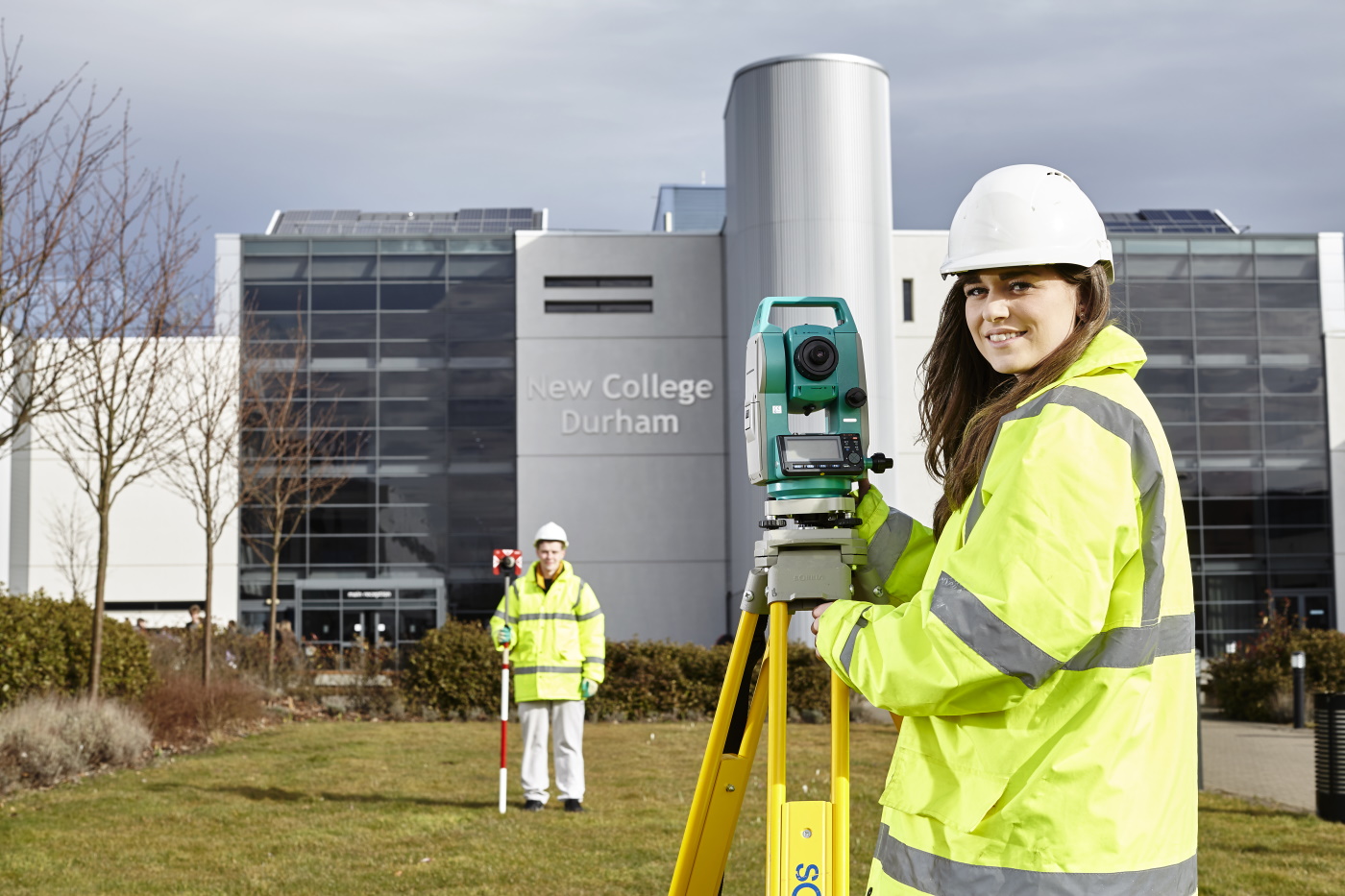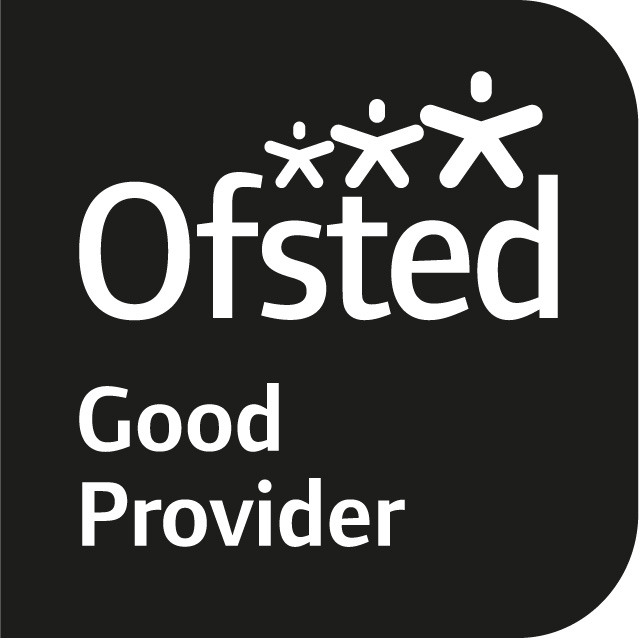
Course may be subject to change.
Course details may be subject to change.
Developed through collaboration between employers, professional bodies, universities and businesses, this two-year T-Level in Civil Engineering will help prepare you for a future career in the civil engineering industry or to progress to a higher-level apprenticeship or onto a university degree course.
The T-Level course involves spending 80% of your time at college where you will develop a broad range of core skills and knowledge, with the remaining 20% being spent on an industry work placement with an employer where you will have the opportunity to gain hands-on experience in a work setting, putting into practice the skills and knowledge that you have developed.
This T-Level is a technical qualification that includes the following compulsory elements:
- Core theory, concepts and skills for the construction sector
- Specialist skills and knowledge for a career in civil engineering
- An industry placement with an employer which runs for a minimum of 315 hours (45 days) overall and gives you practical insights into the sector and an opportunity to embed the knowledge and skills learned in the classroom
- A high standard of English, maths and digital provision are also built into the classroom-based element of the T-Level, meaning you will be given a solid foundation of transferable skills.
Entry Criteria
Entry onto the course requires a minimum of five GCSEs at grade 5 or above, including English, maths and a science (single, double or multi-subject award).
What are the next steps?
You will meet with a member of the team to find out more about the course, discuss which course is right for you and see the college’s facilities. If you have them, please bring your GCSE grades/predicted grades or any other relevant qualifications.
Modules Studied
The qualification comprises a core component that is focused on developing the underlying knowledge and skills required for a career in the construction industry, complemented by a range of topics related to the Civil Engineering specialism. The topics to be studied include: Health and Safety Science Construction Design Construction and the Built Environment Industry Sustainability Measurement Mathematics Building Technology Information and Data Relationship Management Digital Technology Law Commercial Business Project Management.
Teaching and Assessment
T-Level teaching comprises a combination of classroom-based theory lessons, as well as hands-on sessions that provide you with the opportunity to develop your practical skills using the latest digital construction equipment and systems.
Your learning will be assessed throughout the course through assignments, set tasks, quizzes and tests.
All T-Level final assessments are set and marked externally. The first-year assessment comprises two, closed-book exams covering the core content. A separate employer-set project, that provides you with an opportunity to demonstrate your creativity and apply the skills and knowledge that you have developed during your studies, is also completed at the end of the first year.
The assessment at the end of year two is a multi-task project that enables you to showcase the specialist skills and knowledge that you have developed during your second year.
Industry Links
You will benefit from our extensive links with industry. We use our contacts with industry professionals to help you source work placements, as well as providing opportunities for you to participate in site visits and to gain insight into industry practice and future careers through a programme of guest speakers and presentations.
Placement
Completing a 45-day work placement is a mandatory part of T-Levels. You can either source your own placement or the college's work placement team will work with you to identify a suitable placement opportunity.
This qualification focuses on the development of knowledge and skills needed to work in Civil Engineering. You could progress onto a relevant degree level course or a higher apprenticeship at New College Durham or university.


